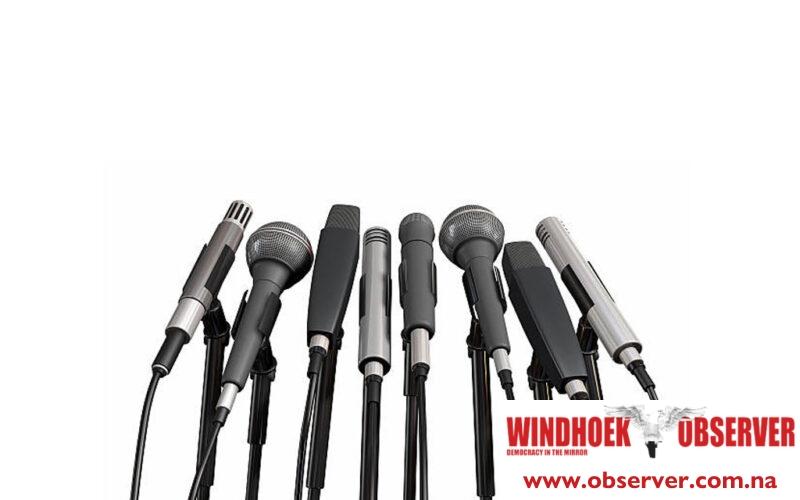Niël Terblanché
In a move to maintain media freedom and journalist safety, the Namibian Police (NAMPOL), in collaboration with the United Nations Educational, Scientific and Cultural Organization (UNESCO), has taken a significant step forward by introducing a new training module focused on freedom of expression and the safety of journalists.
This initiative places Namibia at the forefront of African nations in promoting a safer environment for media professionals and upholding the values of free expression.
The training module, now a part of the basic curriculum for NAMPOL officers of all ranks, was officially approved following a pilot ‘Training of Trainers’ workshop that took place in September 2023.
The workshop saw the participation of 44 police officers from all 14 regions of Namibia, signalling a nationwide commitment to this cause.
These trained officers are now poised to disseminate their newfound knowledge across the country, conducting workshops to ensure that the principles of the module reach every corner of the nation.
This effort by NAMPOL and UNESCO comes at a crucial time, ahead of the Presidential elections scheduled for November 2024.
By equipping law enforcement officers with the skills and knowledge to better protect journalists and facilitate freedom of expression, Namibia is taking proactive steps to enhance access to information and ensure the safety of media personnel.
Such measures are essential in the context of elections, where the role of journalists in providing accurate and unbiased information is paramount.
Namibia’s adoption of this training module is a testament to its commitment to freedom of expression and positions the country as a leader in the African region for media safety.
This initiative is part of a broader effort supported by the Multi-Donor Programme on Freedom of Expression and Safety of Journalists. It has seen UNESCO and its partners train over 12,000 security forces from 150 countries since 2013.
These training sessions, dialogues between security forces and journalists and the publication of toolkits and guidelines, aim to foster a global environment where freedom of expression and journalist safety are prioritized.
The implementation of the training module is a crucial step toward ensuring that journalists in Namibia, and eventually in other parts of the world, can perform their duties without fear of harm.
It acknowledges the pivotal role that law enforcement plays in upholding the rule of law, maintaining public order, and protecting the fundamental rights of all citizens, including those in the media.
As Namibia moves towards its upcoming elections, the message is clear: a free and safe press is essential for democracy, and the nation is committed to making this a reality.




